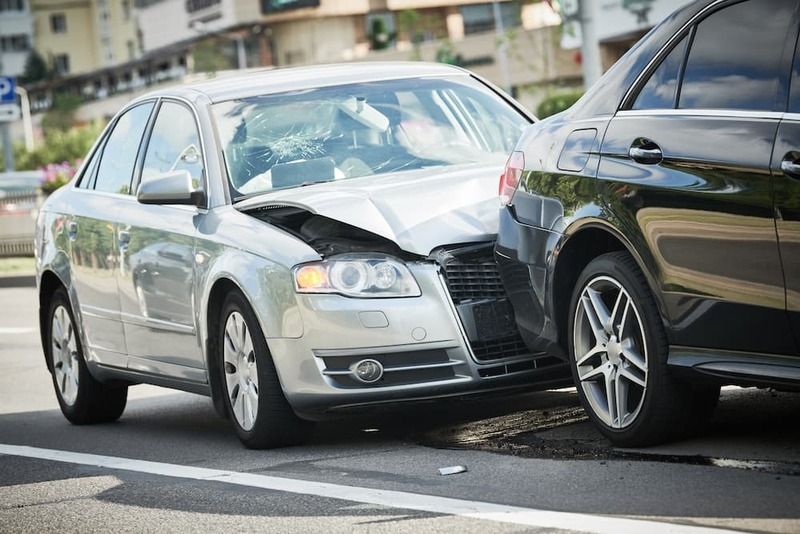
In California, the land of golden beaches and winding roads, driving has become integral to our daily lives.
However, with this privilege comes a responsibility to ensure road safety for everyone.
Unfortunately, not all drivers abide by this responsibility, leading to accidents involving uninsured motorists.
When an uninsured driver is at fault in an accident, you may wonder how this affects your insurance rates.
In this blog, we will delve into the world of uninsured motorist claims in California and explore their potential impact on insurance rates.
Understanding Uninsured Motorist Coverage
Before we explore the implications, let’s take a moment to understand what uninsured motorist coverage is.
In California, this coverage protects you, your family members, and other passengers in your vehicle in case of an accident with an uninsured or underinsured driver.
It can cover medical expenses, lost wages, and other damages from the accident.
Claims When You Are Not At Fault
One of the reassuring aspects of uninsured motorist claims in California is that they usually won’t impact your insurance rates if you are not at fault in the accident.
Since uninsured motorist coverage is considered a “first-party claim” and is not directly linked to your liability as a driver, insurers generally do not penalize you for filing a claim against an uninsured motorist who caused the accident.
At-Fault Claims
On the other hand, if you are deemed to be at fault in an accident with an uninsured motorist and make a claim under your policy, it could affect your insurance rates.
Insurance companies consider at-fault claims as indicators of higher risk, and your rates may increase.
However, it is crucial to remember that the other driver’s uninsured status is not the sole factor influencing this decision.
Comprehensive and Collision Coverage
In California, uninsured motorist coverage is separate from comprehensive and collision coverage.
These types of coverage protect your vehicle against damage caused by various factors, including accidents where you are at fault.
Any claims made under comprehensive and collision coverage can affect your insurance rates, but, again, the other driver’s uninsured status is not the primary determinant.
How Does an Uninsured Motorist Claim Work?
An uninsured motorist claim is a type of insurance claim that you can make if you are involved in an accident with a driver who does not have liability insurance or enough insurance to cover your damages.
It is designed to protect you financially when the at-fault driver cannot pay for your injuries or property damage.
The specific details of how an uninsured motorist claim works may vary depending on the laws and regulations in your state and the terms of your insurance policy, but here are the general steps involved:
- Identify the uninsured motorist,
- Notify your insurance company,
- Gather evidence,
- Determine liability,
- Review coverage limits, and
- File a claim.
After filing your claim, it will either settle or proceed to litigation. Your insurance company will assess your damages, including medical bills, property repair costs, lost wages, and pain and suffering.
They will offer you a settlement based on your policy limits and the extent of your damages.
If you and your insurer cannot reach a satisfactory agreement, you may have the option to pursue legal action through a lawsuit. You should always consult an attorney before agreeing to a settlement.
Can Insurance Companies Raise Your Rates After a Claim?
California law prohibits insurance companies from raising your rates based solely on an accident where you were not at fault. This law is known as the “Not at Fault Accident” or “Non-At-Fault Accident” rule.
Under this rule, if you are involved in an accident and are determined to be not at fault, your insurance company cannot increase your rates as a direct result of that specific accident.
This applies to accidents involving uninsured motorists as well. So, if you make a claim against an uninsured motorist and you are not at fault, your insurance rates should not be affected.
However, it’s important to note that the Non-At-Fault Accident rule applies only when you are not at fault in the accident.
If you are found to be at fault in an accident or have a history of at-fault accidents, your rates could still be subject to an increase.
Insurance companies may consider other factors when determining your rates, such as your overall claims history, driving record, and other risk factors. So while the specific claim may not raise your rates if you are not at fault, other factors could contribute to rate changes.
San Francisco, California Accident Attorney
If you are concerned about your insurance rates after an accident, don’t fret.
At the Law Office of Chuck Geerhart, we have over 30 years of experience handling all car accident claims, dealing with insurance companies and uninsured drivers.
Contact us to discuss your claim in-depth and determine what options you might have.

